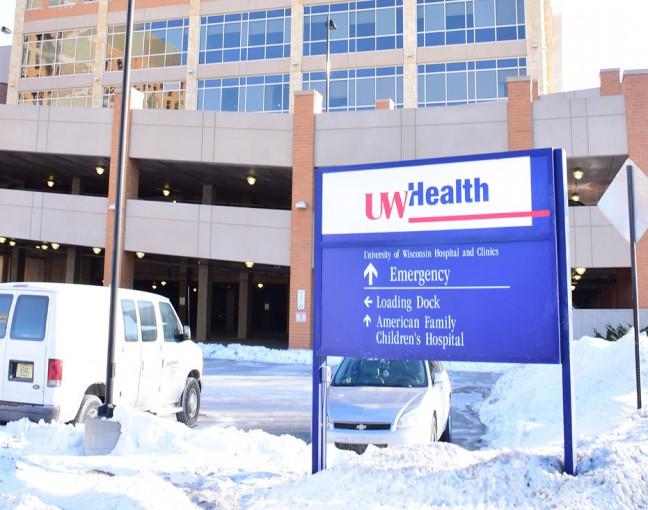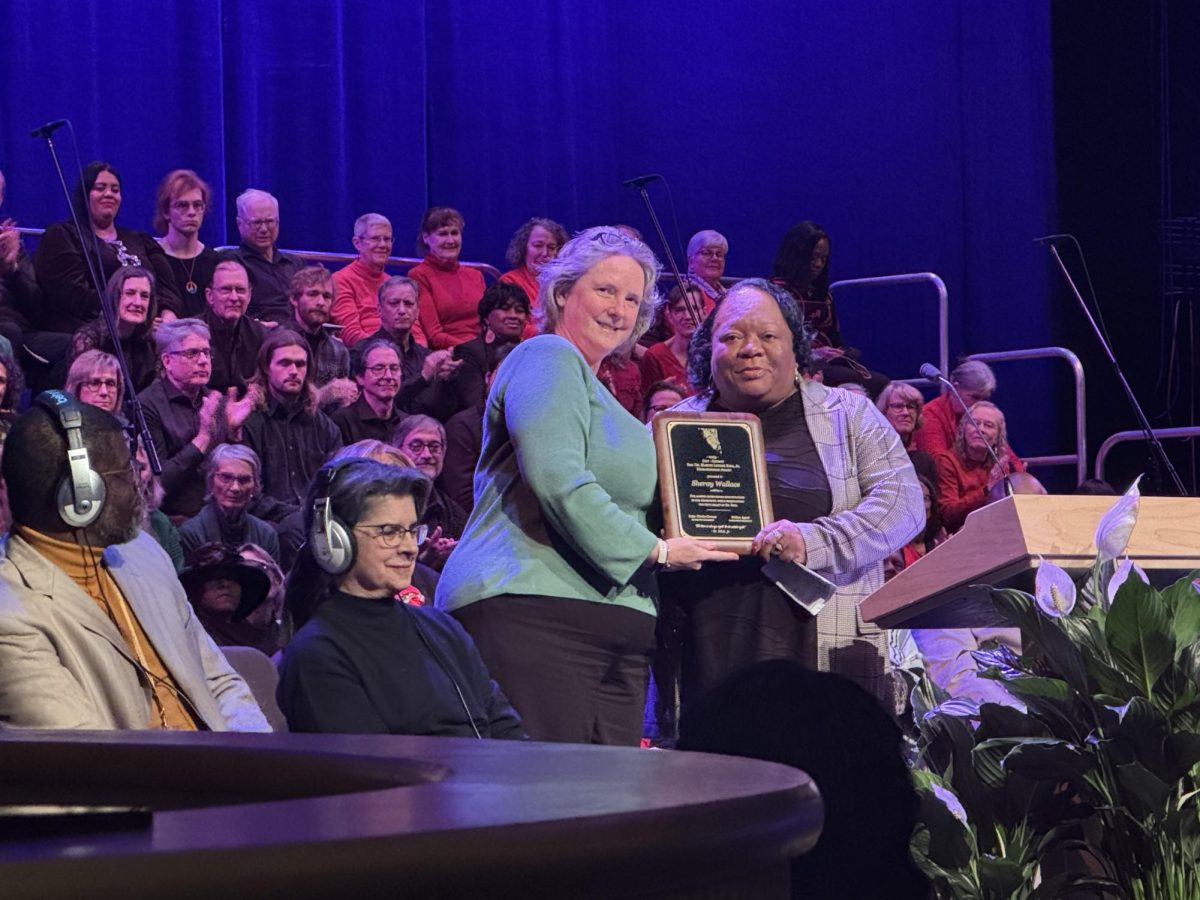The Ventilator Allocation Advisory Workgroup sent the State Disaster Medical Advisory Committee recommendations April 9 on how hospitals should allocate ventilators to patients in the event of a shortage in the state.
According to the Wisconsin Department of Health Services, Wisconsin has 1,258 ventilators on hand as of April 19, but it is not known yet how many will be needed throughout the state. University of Wisconsin Professor Emeritus in Medical History and Bioethics and Chair of the workgroup Dr. Norman Fost said SDMAC will decide whether or not to endorse the recommendations.
Medical professionals should always try to help all patients to the best of their abilities, however, should there be a shortage, Fost said there should be guidelines that hospitals can follow when deciding how to allocate ventilators. Fost said there are many bioethics principles that can be applied to the situation.
“The goal should be to save as many lives as possible, and that should be done without regard to ability to pay, race, gender and so on,” Fost said. “The only thing that should be relevant is if you can save this life or not.”
Fost said if there are guidelines, they should be transparent and the public should be made aware of them. Additionally, Fost said the guidelines should be applied to all patients in the hospital, not just the ones being treated for COVID-19.
Another principle Fost said most people agree on is that the health care workers treating the patients should not be the ones to decide who to give ventilators to.
Fost said many people argue that doctors, nurses and other healthcare workers should get priority because they are risking their lives and deserve compensation.
“The problem is, where does that end?” Fost said. “There’s a lot of people in society who are working today so the rest of us can live, not just doctors and nurses. So it’s a little unclear where the privilege or that special priority ends.”
Fost said public feedback should also be an important part in this process. The workgroup included in their report that if the state establishes guidelines, they should be made with the input of the community.
By informing the public that allocation guidelines are being made, Fost said people will be more prepared to deal with a shortage of medical supplies.
“The public isn’t used to decisions being made in this way, they aren’t made this way,” Fost said. “Normally our ethical principles tell us to do everything we can for every patient. It’s almost always what we do no matter how much it costs.”
Chair of the Life Sciences Communication Department Dominique Brossard said discussing ventilator allocation with the public adds another worrisome hypothetical to a person’s life. Brossard said many people are already dealing with a lot of stress during this time, so engaging the public in the discussion around ventilator allocation could add another stressor to people’s lives.
Brossard said it is more beneficial to discuss how the community can work together to overcome this crisis. Brossard said risk communication and psychology research has shown that communities that are more connected are more resilient in the face of crisis or disaster.
“That’s the engagement we need right now,” Brossard said. “Not to make people scared and say ‘we’re going to choose which one is going to survive. [That’s] really counter-productive at a time of crisis.”
Fost said there is a possibility of members of the public disagreeing with some of the decisions made by hospitals during this time and filing lawsuits. People have filed lawsuits already in other states contesting the guidelines, the VAAW’s report said.
The Survival Coalition of Disability Work Organizations also sent a letter to Gov. Tony Evers and Department of Health Services Secretary Andrea Palm asking that any medical guidelines established will not create bias against persons with disabilities.
“Unfortunately, there is a documented and persistent bias on the part of medical providers against people with disabilities, including grave and inaccurate assumptions about quality of life.” the letter said. “These biases must not be the building blocks for life or death decisions.”
Media Relations Strategist for UW Health Emily Kumlien said in an email to The Badger Herald that UW Health’s hospital began planning and preparing for COVID-19 more than a month ago. UW Health has prepared for a large number of cases in the community should that occur.
Kumlien said UW Health has 110 ICU beds for patients in the Madison area.
“While we hope not to need that full capacity, we’ve taken these actions with the health of our patients, staff and community in mind,” Kumlien wrote.














